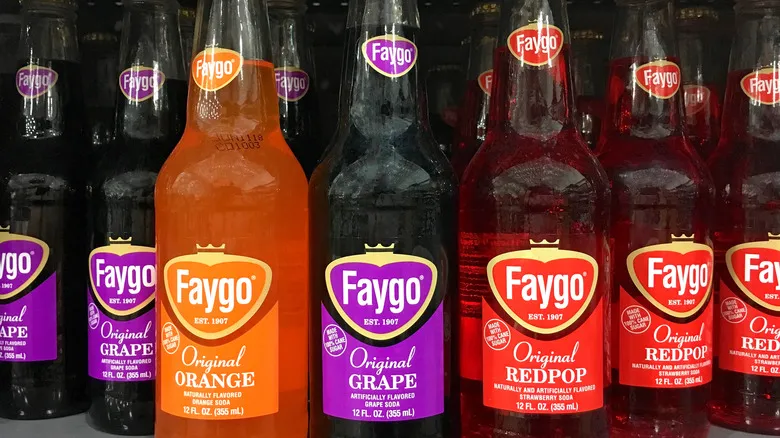Filet or Fillet? It depends

It's not common for articles to rely on dictionary definitions, but in this case, it can provide some clarity. The "Official Scrabble Dictionary" defines the verb "filet" as "to fillet," while "fillet" is described as "to cut boneless slices from." The Associated Press uses "fillet" when referring to items like McDonald's Filet-O-Fish and beef filet mignon. Meanwhile, Merriam-Webster points out that "filet" originates from a French term meaning a small piece of netted lace. The term "fillet" (specifically "2b: a piece or slice of boneless meat or fish") comes from the Middle English "filet" and the Middle French "fil," which means "thread." In France, the term used is "filet," as "fillet" does not exist there.
The first reason for the different spellings is geographical. In the UK, "fillet" is the preferred spelling, while in French-speaking countries, "filet" is used. In the United States, the choice is less clear-cut, although "filet" appears to be more prevalent. If you prefer "fillet," spellcheck may suggest switching to British English.
The second reason pertains to specific cuts of meat. Over time, a convention has emerged where "filet" typically refers to beef, while "fillet" is usually associated with fish. The term filet mignon, a cut from the tenderloin, is consistently spelled that way. Many in the fishing industry refer to the process of filleting salmon and serving fish fillets. Interestingly, McDonald's has used the spelling "Filet-O-Fish" since its launch in 1962. Ultimately, the choice is yours; either spelling is correct, no matter how you slice it.
Recommended

The Restaurants Andrew Zimmern Thinks Serve The Best Pizza In America

How Faygo Soda Became A Classic Michigan Drink

The Ohio Ice Cream Parlor That's An Art Deco Dream

Ever Wonder Why We Eat Three Meals A Day?
Next up

